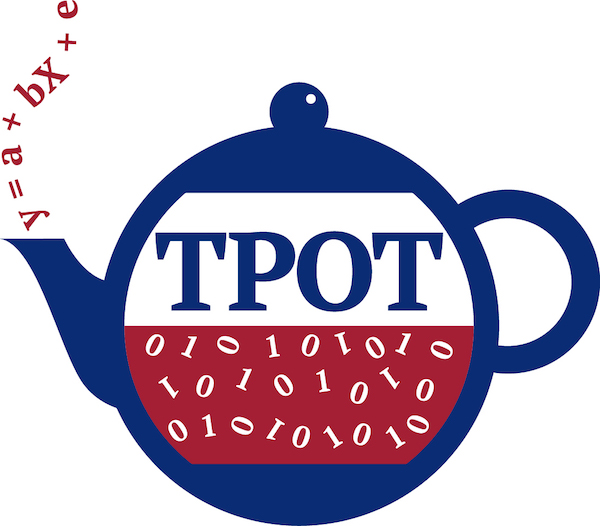Automating biomedical data science through tree-based pipeline optimization
Over the past decade, data science and machine learning has grown from a mysterious art form to a staple tool across a variety of fields in academia, business, and government. In this paper, we introduce the concept of tree-based pipeline optimization for automating one of the most tedious parts of machine learning---pipeline design. We implement a Tree-based Pipeline Optimization Tool (TPOT) and demonstrate its effectiveness on a series of simulated and real-world genetic data sets. In particular, we show that TPOT can build machine learning pipelines that achieve competitive classification accuracy and discover novel pipeline operators---such as synthetic feature constructors---that significantly improve classification accuracy on these data sets. We also highlight the current challenges to pipeline optimization, such as the tendency to produce pipelines that overfit the data, and suggest future research paths to overcome these challenges. As such, this work represents an early step toward fully automating machine learning pipeline design.
PDF Abstract

